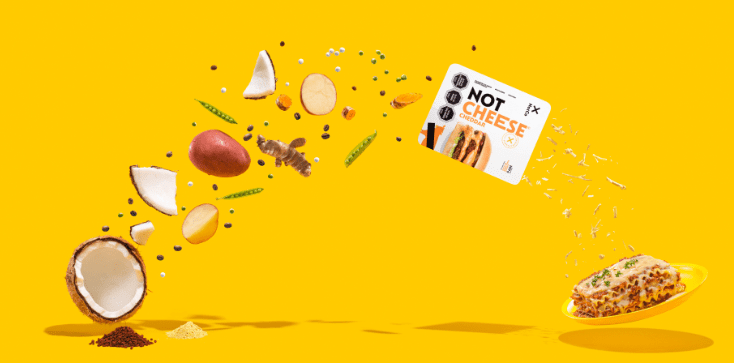In Chile, a new bill to regulate the food tech industry and establish a statute for fair competition between traditional and plant-based food industries is being considered.
The proposed legislation, authored by Representative Harry Jürgensen, aims to protect consumer rights and prevent misleading practices in the food industry.
“The proposal establishes a statute for fair competition between animal-origin foods and plant-origin foods when the latter imitates the properties of the former. To this end, it distinguishes between natural and synthetic origin so that all people are clearly aware of the types of foods they are consuming,” says the press release from the Chamber of Deputies.

“Simulated food”
The bill, which has recently passed through the Agriculture Committee and is now being debated at the Chamber of Deputies, seeks to establish clear guidelines for plant-based alternatives. If passed, it will introduce the term “simulated food” to define products that closely resemble meat, dairy, or eggs but are entirely plant-based.
The proposal also mandates clear labeling for such products, requiring them to be explicitly identified as “simulated food.” Additionally, the bill prohibits misleading advertising and the use of animal imagery to promote these plant-based alternatives.
The press release adds, “The Ministry of Health, through the Food Health Regulation, will additionally determine the form, size, colors, proportion, characteristics, and content of the mentioned labels and nutritional tags, ensuring especially that the information contained therein is visible and easily understood by the population.”
“While there are so many attempts to promote innovation […] in Chile, there are bills that go in the absolute opposite direction”
Matias Latugaye, VP Latam at NotCo, shared on social media, “At NotCo, as well as many other FoodTech companies, we seek to add value and innovation to food production through technology. It is striking that while there are so many attempts to promote innovation and celebrate entrepreneurship in Chile, there are bills that go in the absolute opposite direction.”
NotCo successfully appealed a court ruling this January prohibiting the use of the word milk in its NotMilk trademark in Chile. The long lawsuit began when the Association of Milk Producers of the Los Ríos Region accused NotCo of unfair competition over using the term “milk” for its plant-based beverages and filed a suit in 2020.

Hindering innovation
In addition to competition and labels, the bill raises concerns about the potential environmental impact and safety of alternatives, particularly those produced using cells, artificial intelligence, and synthetic biology.
“If approved, what the text will achieve is to hinder […] the development of an innovative and strategic industry for Chile”
While acknowledging the potential benefits of plant-based foods in addressing food security and sustainability challenges, the bill emphasizes the need for rigorous scientific evaluation and transparent labeling. “The spirit of the bill is to clearly establish which foods are of animal origin and which are plant-synthetic origin foods,” says the announcement.
Latugaye added, “If approved, what the text will achieve is to hinder and discourage the development of an innovative and strategic industry for Chile, which has inserted the country on the map of world innovation thanks to the development of local technological knowledge based on the use of tools such as AI.”




